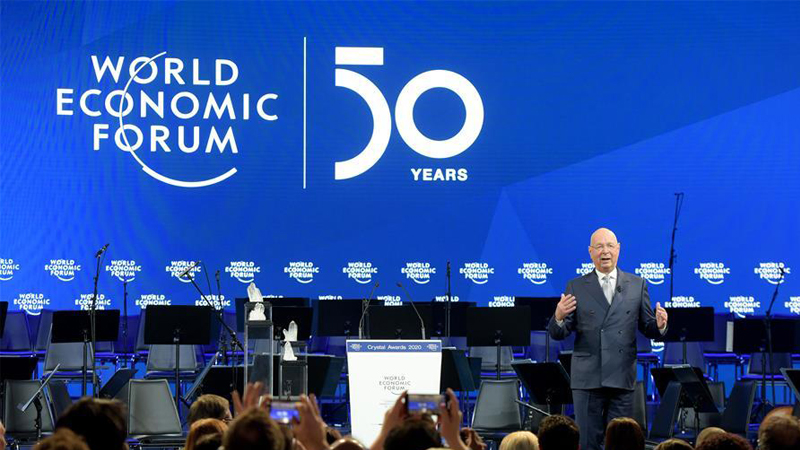When the prime minister went to Davos for the World Economic Forum, he proudly boasted that his government was the most transparent in Pakistan’s history. This was consistent with his rhetoric before he ascended to the prime minister’s office. In nearly every political speech he would promise the nation that he will always speak the truth to the people of Pakistan, unlike other political leaders who ruled the country in the past. Yet, looking at the record of this government one must admit that transparency is an ideal lost on them.
 One may start from the removal of Health Minister Amir Kayani after the Drug Regulatory Authority of Pakistan twice increased prices of drugs including hardship drugs, and after the minister had announced to take action against the pharmaceutical companies who had increased the medicine prices illegally. No such action has been taken till date, nor any facts regarding such increases been shared with the people of Pakistan as had been promised by the government.
One may start from the removal of Health Minister Amir Kayani after the Drug Regulatory Authority of Pakistan twice increased prices of drugs including hardship drugs, and after the minister had announced to take action against the pharmaceutical companies who had increased the medicine prices illegally. No such action has been taken till date, nor any facts regarding such increases been shared with the people of Pakistan as had been promised by the government.
It seems the same fate awaits the inquiry report on the wheat and sugar crisis in the country, which had jolted the prime minister’s office into action at the cost of endangering the government’s tenure. At first the prime minister publicly declared that he knew who was behind the crisis, hinting towards a mafia that wants the government to be derailed in connivance with the opposition, who despite being pushed against the wall wields considerable influence according to the Prime Minister, so much so as to put in peril the economic performance of the current government. Despite raising his finger towards a mafia, the Prime Minister was unable to take any names, so he then nominated the Director General FIA to submit an inquiry report on the crisis. Some sections of the media reported that such a report was indeed submitted to the Prime Minister, but the opposition alleged it has been shut down. Nevertheless the Prime Minister promised a few days ago to make the report public, however on Tuesday the cabinet approved granting of powers of the Pakistan Commission of Inquiry Act 2017 to the inquiry committee which will now also include a senior representative of the Intelligence Bureau (IB), representatives from the Securities and Exchange Commission of Pakistan (SECP), the State Bank of Pakistan (SBP), and the Federal Board of Revenue (FBR), besides the DG FIA and DG Anti-Corruption Department. It seems that the Prime Minister really put the cart before the horse by repeatedly announcing to release a report, when even the modalities had not been set. If transparency, as promised by the Prime Minister was a virtue, its one lost on the government.
One may look at the history of the current regime and easily conclude that transparency is astray. In June 2019, the government had refused to divulge details of the $6 Billion IMF package even to an in-camera session of the National Assembly’s Standing Committee on Finance including details about total foreign currency needs in the next fiscal year, the performance criteria agreed with the IMF in return of the loan, the quantum of budgetary support and the exchange rate regime under the IMF deal. This confidentiality on financial matters has remained a feature of a government with an aptly unelected economic team. Some have raised questions in the electronic and print media about the identities of the “fortunate” foreign investors who invested in government issued bills at over 13% interest rate, claiming that a blatant conflict of interest may be present. The government once again refused to divulge the details of these blessed investors terming the identities of the investors confidential. One might need not put too much stress on the brain to understand why the identities have to be kept confidential. Once again, if transparency was a notion of good governance, it is lost on the current government.
The details of the investigations of the National Crime Agency (NCA) of Britain, which had raided properties of real estate tycoon Malik Riaz and forced him to pay £190 million of dirty money back to Pakistan, has once again been kept confidential by the government. What may have forced the government to act in such suspicious manner? One may only think of the government trying to save a few faces. Why else would the government like to keep such a plea bargain confidential, the people of Pakistan should have been told how that money was siphoned off away from Pakistan?
The Prime Minister has repeatedly referred to the State of Medina as his vision for Pakistan, a state based on a transparent government. The antics of the current government in keeping everything classified and restricted from the people of Pakistan and their representatives can never eclipse into a State of Medina. Perhaps, the Prime Minister has to be reminded of his spectacular promises.
The writer is a barrister, who has an interest in Pakistani current affairs, economy, constitutional developments, foreign policy and international law
